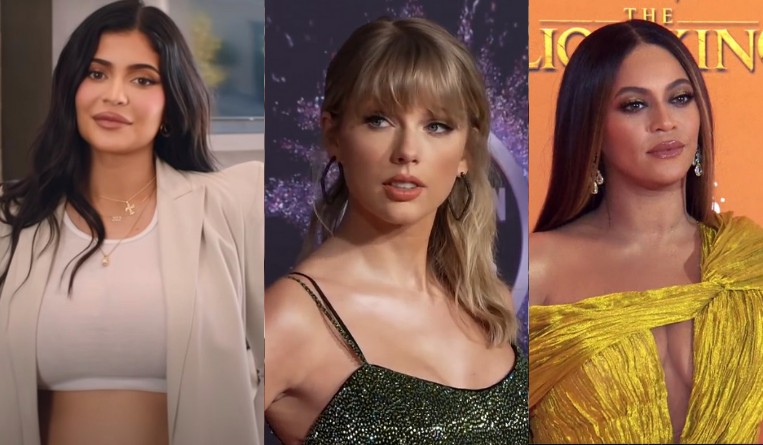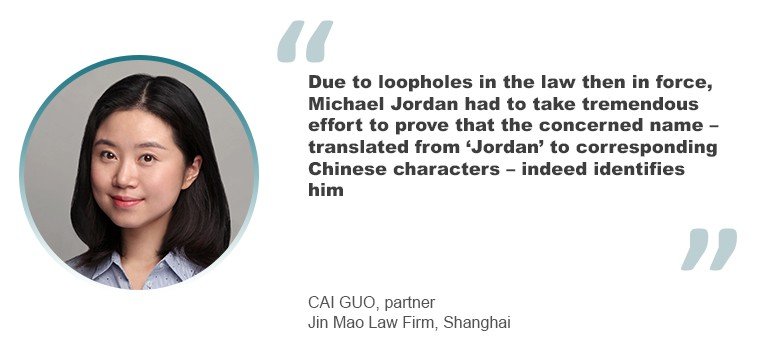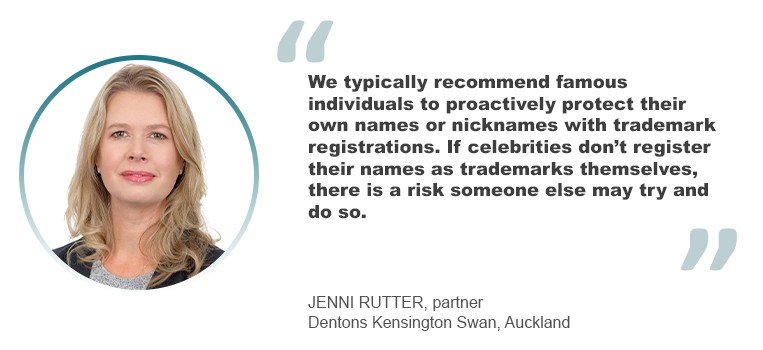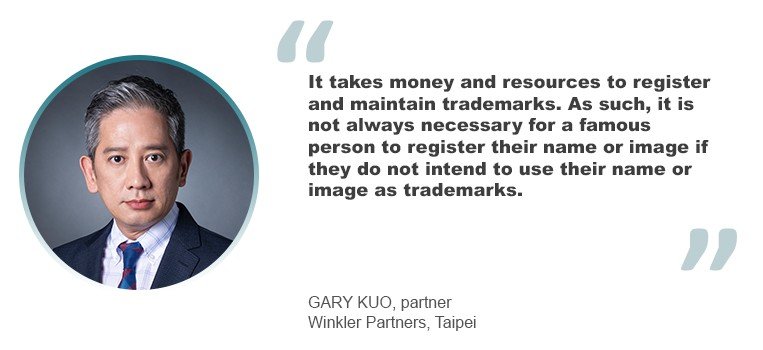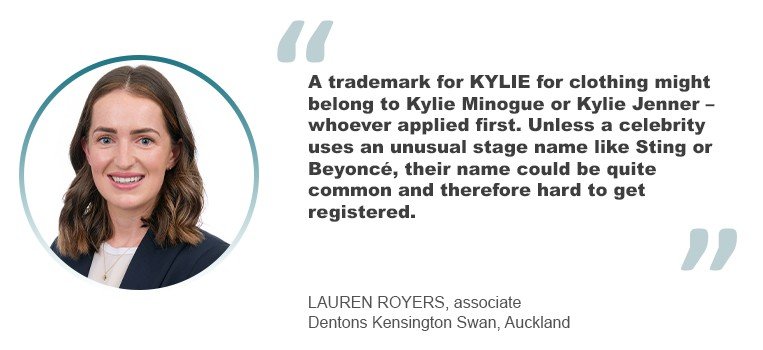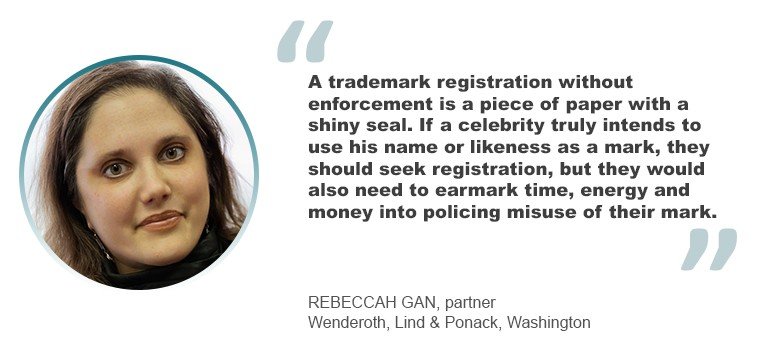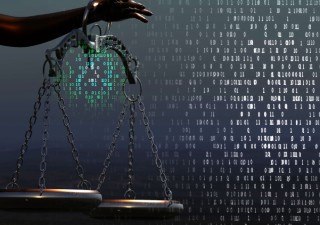That trademark registers are often searchable online presents another problem. This allows others to learn about a celebrity’s business plans before he can actually begin his new venture or launch a new product line.
“It’s possible to get around this by applying for the mark in a country that doesn’t have a searchable register,” said Royers, “but this can become logistically complex.”
Another pitfall is that even if a famous person’s name or nickname is registered as a trademark, an individual with ill intent may still be able to use that trademark on the ground of descriptive fair use. This is especially true if the individual has the same or similar name or nickname.
There may also be little possibility of exhausting registration targets “because potential perpetrators often do batch registration to cover as extensive targets as possible,” according to Guo.
Perpetrators are cunning and creative. They will think of certain spellings and character arrangements which they will use as part of the marks they will register. These spelling styles and character arrangements, though altered, can still identify a famous individual.
“Thus, no matter how much resource one spends on trademark registration, perpetrators are more likely than not to find other creative, or in other words, abusive, means to register trademarks that resemble the famous person’s names and cause confusion,” Guo explained.
Lastly, registering a celebrity’s likeness in the form of an image or a photo as a trademark may provide only limited protection.
“This would provide very limited protection given you can generally only protect one image per trademark. We usually recommend applying for a name or nickname word mark,” said Royers.
Despite these, however, the lawyers we spoke with believe it still makes sense for a famous person – whether an entertainment celebrity, political figure, elite athlete, or otherwise – to register his name, nickname and image, especially in this era of social media, e-commerce and moment marketing.
“It is especially important for celebrities to register their name and image because advertising and marketing today largely depend on evolving technologies and social media. As information transfers rapidly via the internet, people who intend to use their fame to generate profits can consider arranging trademark registrations in advance since they don’t know when the cash will come,” said Kuo.
For Guo, it helps to opt for selective registration rather than comprehensive registration. However, she also believes the bigger issue is not whether a famous person should register his name to acquire protection and prevent misuse.
“In practice and in some jurisdictions, abusive registration of famous names has become a business or industry chain already for unlawful economic gains. Thereof, it is not an issue whether a famous person should register his or her name,” Guo said. “The more relevant issue is how to effectively deal with such abusive registration long before these persons realize their names possess tremendous commercial value.”
There should be active monitoring and legal actions taken, according to Guo. Athletes who won medals and rose to fame during the 2020 Tokyo Olympics paved the way for potential perpetrators to attempt to register these athletes’ names or associated characters and spellings that could identify the athlete. However, the Trademark Office of the China National Intellectual Property Administration issued a public notice and rejected these applications for violation of the trademark law.
“It is vital to take legal actions as soon as abusive registration is discovered, because according to the current PRC Trademark Law, objection to abusive registration is subject to a time limit of five years from the date of trademark registration,” she says.
“A trademark registration without enforcement is a piece of paper with a shiny seal. If a celebrity truly intends to use his name or likeness as a mark, they should seek registration,” said Gan, “but they would also need to earmark time, energy and money into policing misuse of their mark.”



